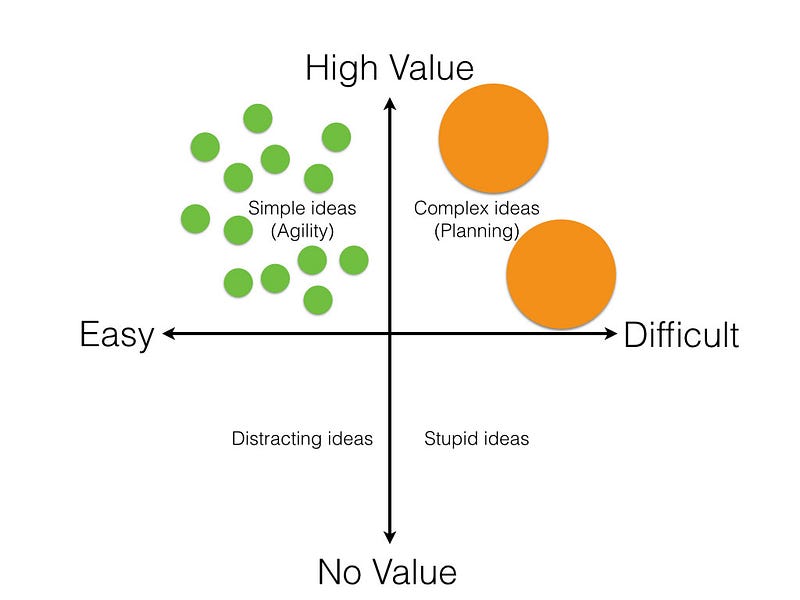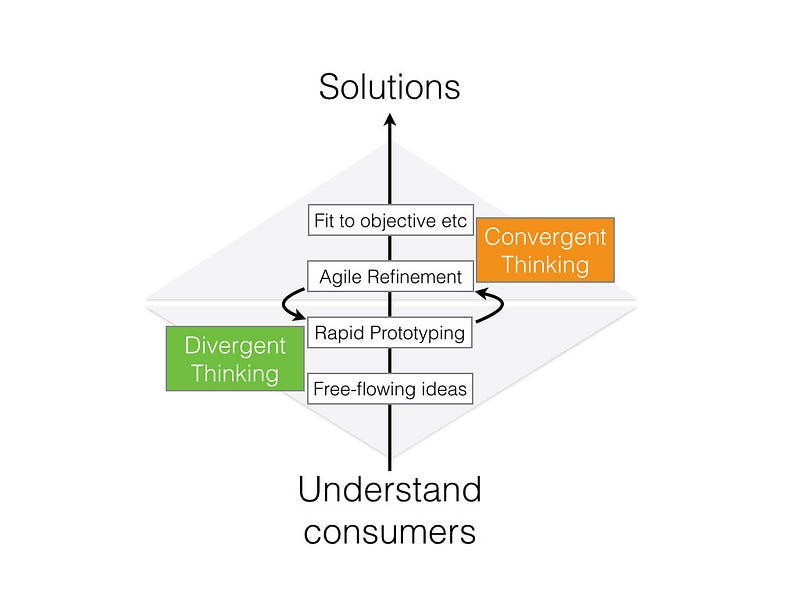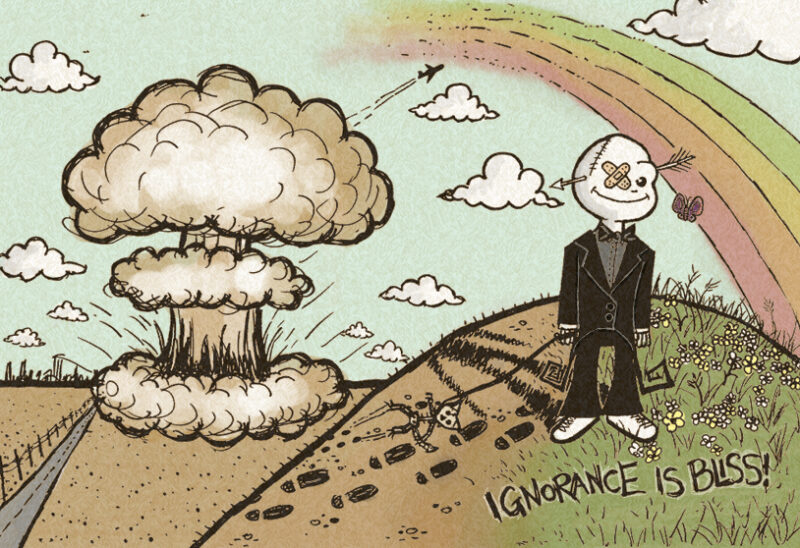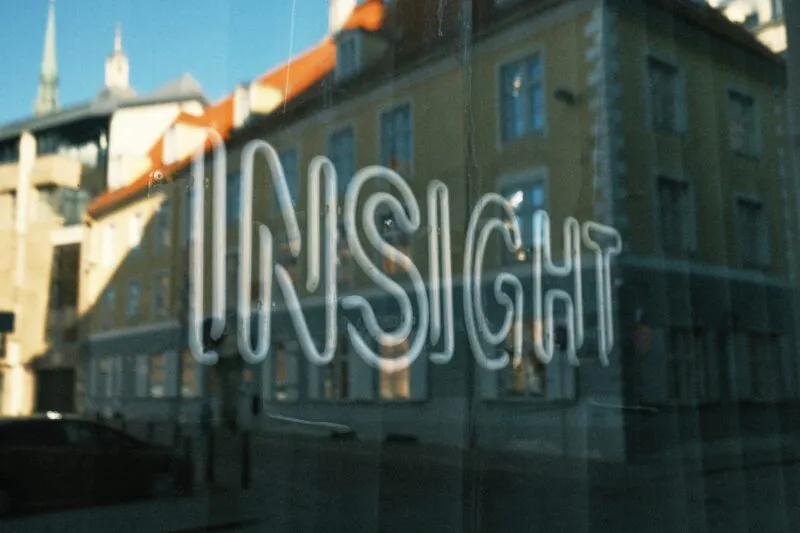Rules of collaborative research
Robust evidence based insights are critical in the ever evolving ideas economy, yet the thinking is changing. Rather than the traditional market research process of producing insights in somewhat of a vacuum, thinking has shifted in recent years to be first and foremost collaborative.
Collaboration is critical in the ideas economy, and market research is a critical partner in this. Learning from approaches such as design thinking has provided tools to guide more team based solutions development. Equally, there is expertise that design thinking and other user-centred approaches are taking from market and social research to ensure that ‘user-centred’ is more than just a platitude getting in the way of just banging out another FAIL.
Professions have surfaced in the recent decade to assist with understanding consumers—UX, data driven marketers, design thinkers, data scientists et cetera. In emerging professions such as design thinking (aka user-centred design), research is typically skewed towards ethnographic, user observations and rapid-fire qualitative feedback. UX generally has a leaning towards website analytics such as clicks and web movement.
In many situations, the level of robust, representative and strategically reliable insight is highly questionable. There also can be a greater focus on the ‘ideas’ side, rather than on solid user understanding. The opportunity identification and market gaps are often be ill-conceived or even without any relationship to the real world, hence increasing the chance of not finding product-market fit and magnifying failure rates.
One of the critical roles of professional market research is to provide a robust ‘snap shot’ of the target market, audience and/or population prior to defining strategic and innovation priorities moving forward. A clear model can be developed of the actual population using a triangulation of qualitative and quantitative approaches, such as ethnography, focus groups, semiotics, in-home immersion, surveys (via online, face-to-face, phone, mobile etc), available data, and methodologies such as segmentation and choice modelling. This allows for an evidence based understanding of the population, beyond shallow research and internal workshops, which can build on inaccurate group think ‘brainstorming.’ Robust research provides an evidence based heat map of where gaps and opportunities exist without fear, favor and confirmation bias.
One of the critical roles early stage research can play is highlighting where priority strategic thinking is best focused. Rather than having a scatter-gun approach to ‘every idea is a good idea,’ research can prioritise which areas are likely to have the biggest impact on achieving revenue and other strategic goals. This provides a platform for avoiding distracting and stupid ideas, and leaning team thinking towards short-term simple ideas likely to have an easy impact and medium to longer term ideas worthy of further budgeting, planning and nurturing for the future.

Rather than professional researchers disappearing during the study, and re-emerging with the answer(s), they are increasingly working across cross-functional teams to gain a wider perspective and to ensure that teams adopt key priority areas as their own. For example, cross-functional teams from engineering to R&D, to marketing / communications, IT, innovation, HR management, marketing, design, finance, strategy, researchers, front-line, customers et cetera, all taking a more intimate role throughout the process, such as immersing themselves in the consumers’ real world, and driving divergent and convergent thinking building on the research –“This is what we discovered about consumers, and their priority gaps / opportunities; Here are our (divergent) ideas to solve these; and These are the (convergent) ideas we will implement that will have the greatest impact.”

“Give a man a fish and you feed him for a day. Teach a man to fish and you feed him for a lifetime.” Proverb
Market and social researchers have traditionally taken on the role of ‘give the man a fish’ (e.g. a report, some statistics and other evidence, and hopefully some insight). However, there is a push towards taking a more active facilitator of change role, educating teams and organisations to be agile, innovative and able to embrace the ideas economy. The role can be about education, more active mentoring and/or project management, or about systems and processes to think creatively to unlock robust insights, define priorities and unlock opportunities. With the certainty that research will continue to experience democratisation, a rethinking of a higher level role of researchers has been occurring.
Many researchers will not have change agent skills. Some will, and already are doing so, while others will have more powerful alternative roles to play in the ideas economy. The simple certainty exists that the market research industry will continue to be disrupted, yet there will ever be an increasing demand for evidence based consumer insights highlighting gaps and opportunities, guiding ideas generation and associated skills. Researchers clearly articulating their valuable skills base; high ethical, quality and privacy standards of the peak industry bodies; and a desire to embrace new ways of thinking to drive evidence based insights, ideas and change, will prosper.




